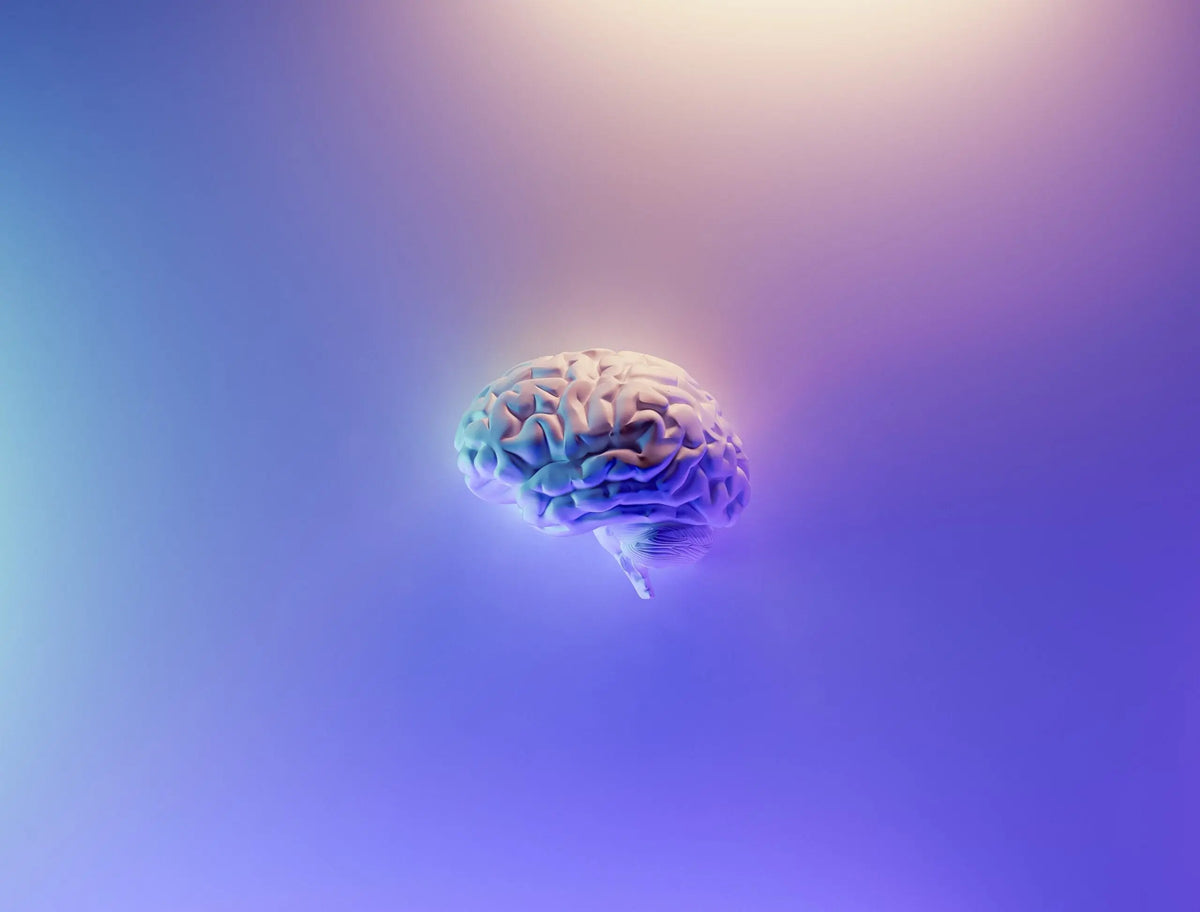
The Link Between Quality of Sleep and Risk of Alzheimer's
|
Time to read 3 min
This store requires javascript to be enabled for some features to work correctly.
Written by: Bethany Gemmell
|
Time to read 3 min
Many of us fear developing Alzheimer's disease as we age. The condition is life-limiting and progressive, making it a devastating diagnosis for many people and their families. Research of the disease is still a rapidly developing field, and there is still much to learn. Some may be aware between the links of old age or genetic family history and your chance of developing Alzheimer's.
Most people, however, are not aware of the link between sleep and Alzheimer's. It is more commonly known that lack of sleep can cause health issues such as heart disease. Poor sleep, in this instance, can lead to a shorter life. This can be through a heart attack or a stroke. Due to Alzheimer's being a less understood condition, this is not always considered when we think of improving our health.
New research is beginning to emerge that is making headlines for its discovery. The research has shown in particular a period of vulnerability to developing dementia in middle age. It has also shown a relationship between our sleep-wake cycle and our brain that can cause Alzheimer's. This involves the promotion of "deep" sleep in order to prevent this condition from developing.
Bad news if you recently celebrated your 50th birthday - you need to worry about your sleep more than ever. Studies have been made analysing the relationship between interrupted sleep in middle age and developing dementia.
Various factors in middle age can affect sleep. Menopause, and the lead up to it, in particular is known to cause sleep problems. Fluctuating changes in body temperature can keep you awake at night. This can last long after menopause has ended. Men have shown sleep problems in middle age due to a drop in testosterone levels. Changes with age, such as a more frequent urge to empty your bladder, will wake you up frequently.
A 25-year UK study tracked tens of thousands of participants from the age of 50 onwards. The study found that of those who got 6 hours or less of sleep per night, less than the minimum recommended amount were particularly vulnerable to dementia. Compared to those who got 7 hours of sleep per night, the former category were 30% more likely to develop dementia.
Doctors found that the study concluded an extra hour made a big difference in memory consolidation. Memory consolidation occurs when recently learned experiences are adopted into long-term memory. Having enough hours of sleep per night is considered essential for long-term memory retention. This gives the brain time to process new information in an effective way without creating memory issues.
Your brain's ability to keep its memory strength relies on the sleep cycle. If you don't know, the sleep cycle refers to the several rounds of a typical night's sleep. These are often 4 or 5 rounds comprised of 90 minutes each. The REM (Rapid Eye Movement) stage is the deepest stage of sleep. This has a strong link to cognitive functions. These include your ability to learn new information and your memory.
The last two hours of a full night's sleep are the most essential, says Dr. Abhinav Singh of the Indiana Sleep Centre. “The last two hours of sleep are rich with REM sleep, and more evidence is coming that this is an important phase of sleep that helps us with memory consolidation and emotional memory", according to Singh.
These precious hours help your brain create context and emotional response and release to your memories. These last hours help cleanse the brain by fully processing them. Processing helps rid the brain of beta-amyloid, prominent in people with Alzheimer's.
It is not only getting the recommended hours of sleep that helps ward off Alzheimer's. To help your brain, you should be getting quality, deep sleep. Many hours of shallow sleep will not have the same effect. Light sleep is known as non-REM sleep. Deep, REM sleep is required to help restore energy and repair your body, as well as helping the brain clean itself and process memory.
Deep sleep has a "flushing" effect on harmful brain substances. During deep sleep, the brain cells and their connections shrink in size. This where beta amyloid tens to form and form "plaques" that lead to Alzheimer's. This shrinkage allows your brain to allow these plaques to move through and "flush" them out of your brain. This rids the brain of buildup that causes long-term health and memory issues.
Receive 10% off your first order when you subscribe to our newsletter





